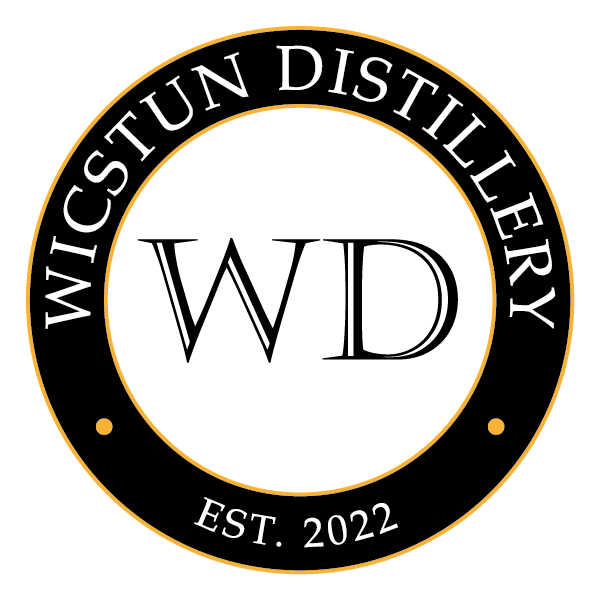History Of Rum Production
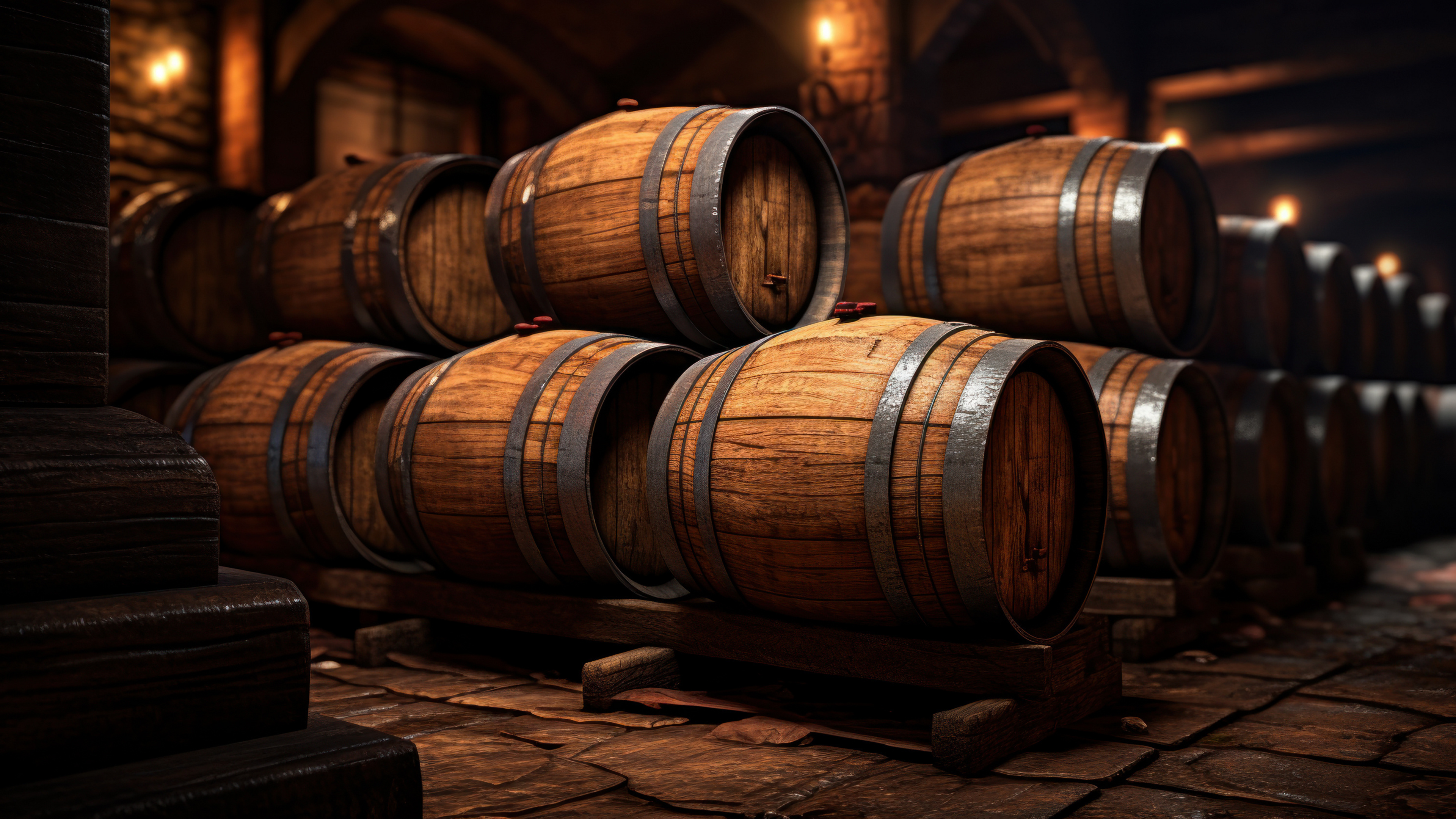
THE HISTORY OF RUM MANUFACTURING
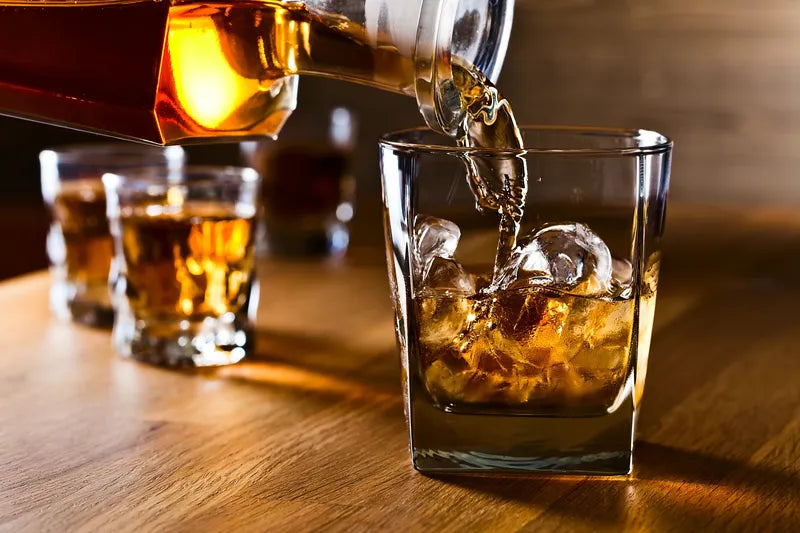
HISTORY OF RUM AND ITS CONNECTION TO PIRACY
Welcome to the captivating world of rum, where centuries-old traditions and modern techniques collide to create a spirit that has captured the hearts and palates of enthusiasts around the globe. From its humble beginnings as a pirate's secret stash to its now revered status as a modern delight, the history of rum manufacture is as intriguing as the drink itself. Join us on a journey through time as we uncover the fascinating stories behind the creation of this beloved spirit. From the sugarcane fields of the Caribbean to the bustling distilleries of today, we will explore how unique ingredients, innovative distillation methods, and the influence of diverse cultures have shaped the evolution of rum. So, grab your glass and get ready to dive into a world filled with rich aromas, complex flavours, and a storied past that will leave you in awe. Cheers to the fascinating history of rum manufacture!
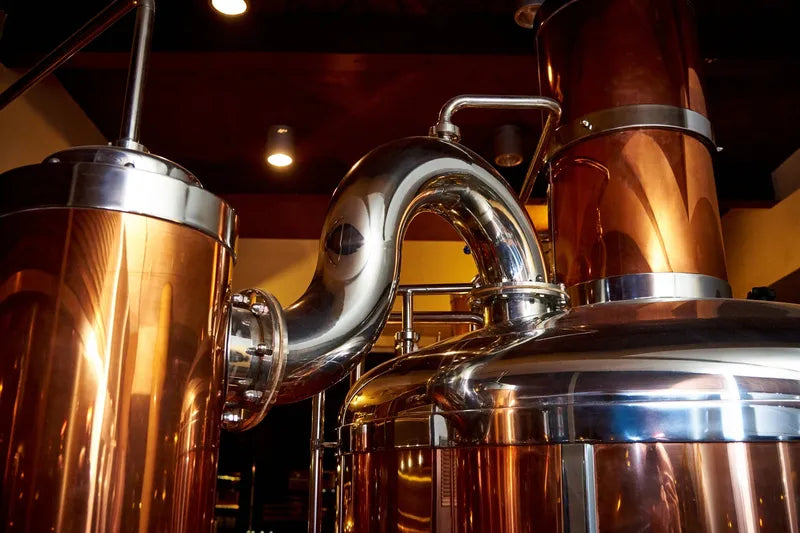
The rise of rum production in the Caribbean
As the demand for rum grew, so did its production in the Caribbean. The region's ideal climate and fertile soil provided the perfect conditions for growing sugarcane, the primary ingredient in rum. Plantations sprang up across the islands, cultivating vast fields of sugarcane to meet the increasing demand for this popular spirit.
In the 17th and 18th centuries, rum production in the Caribbean reached its peak. The British, French, and Spanish colonizers established their own distilleries, each putting their unique spin on the rum production process. The British favoured the use of pot stills, which produced heavier and more flavorful rum, while the French introduced the concept of ageing rum in oak barrels, adding complexity and depth to the spirit. These different approaches to rum production contributed to the wide variety of styles and flavours that we now associate with Caribbean rums.
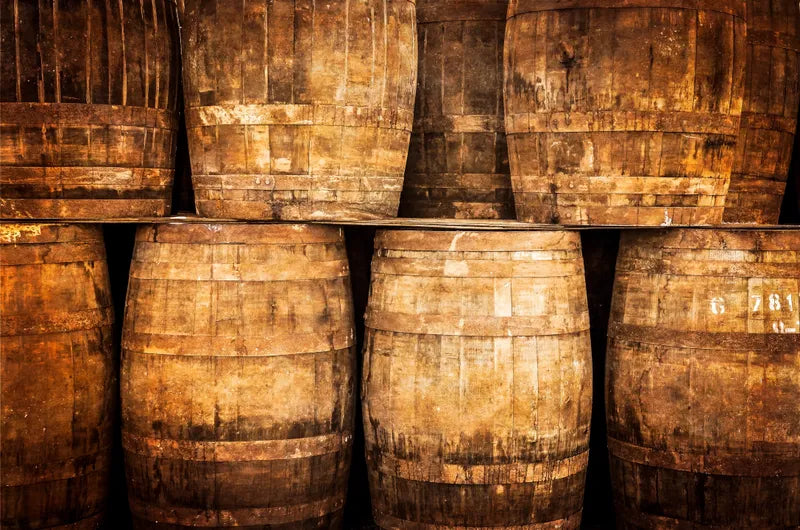
Colonial influence on rum production
The colonial powers' influence on rum production in the Caribbean cannot be understated. The British, in particular, played a significant role in shaping the industry. They established sugar plantations throughout their colonies, which not only provided a steady supply of sugarcane but also ensured a consistent source of molasses for rum production.
The British also implemented a system known as the "triangular trade," which involved the transportation of goods between Europe, Africa, and the Caribbean. This trade route facilitated the exchange of rum, sugarcane, and slaves, further fueling the growth of the rum industry. The influence of African cultures on rum production cannot be overlooked, as enslaved Africans brought with them their knowledge of distillation techniques and the use of local ingredients, such as spices and fruits, to enhance the flavour of rum.

